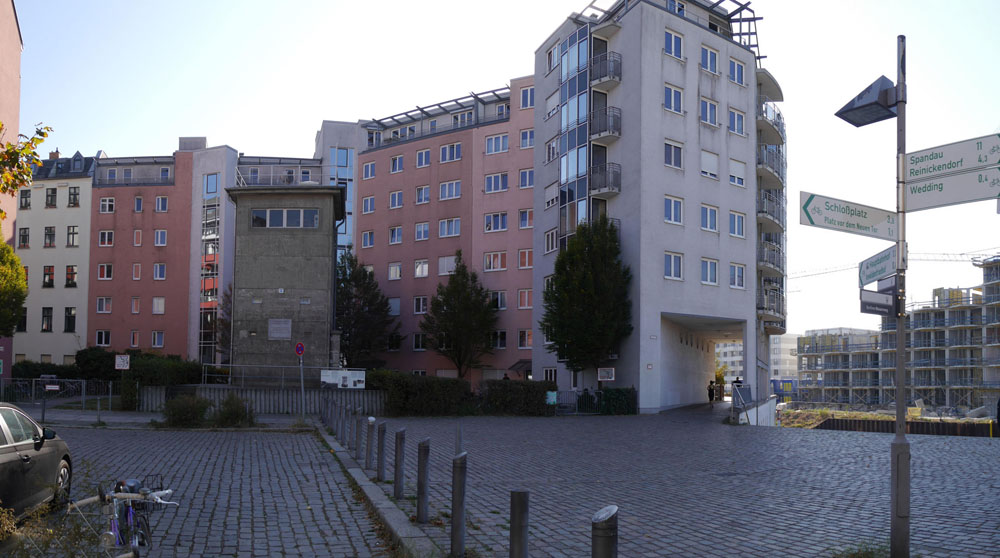CoCo – A Collaborative Course on Conservation and Communication at BTU and Deakin University
In November 2020, BTU embarked on a DAAD-funded project that seeks to strengthen the international mobility of its staff members and students through the development of a strategy for collaborative online teaching that reaches across institutional and national borders. The project is being carried out in partnership with Deakin University (DU) in Melbourne, Australia. Since 2015, BTU and DU have been collaborating as partner universities to offer a dual degree master’s programme that links BTU’s World Heritage Studies programme (WHS) with DU’s Cultural Heritage and Museum Studies programme, with students spending a semester at the partner university. We are now working together with DU to create an internationally co-taught inverted- and blended-classroom course that will be implemented in the dual degree programme during the summer semester of 2021. To increase accessibility, the course will also be open to students who are enrolled in either of the relevant master programmes, but who are unable to participate fully in the dual degree program due to personal, financial or travel restrictions, as well as students in other programmes, including BTU’s Heritage Conservation and Site Management (HCSM) and Architecture master’s programmes.
While the dual degree programme already employs the different academic strengths of the partner institutions, the aim of this project is to further advance this approach. By combining Architectural Conservation (taught only at BTU) with Heritage Interpretation (taught only at DU) in a collaborative online format, the course will offer a new interface between the two disciplines that will enable students from both universities to benefit from each other’s cultural and academic perspectives on the subject matter. Students will apply the concepts and research methods taught through asynchronous self-study units and subsequent online discussions with lecturers, fellow students and experts to a case study in the vicinity of their respective places of residence. If possible, the course will also include a field visit to the Günter Litfin Memorial at the Berlin Wall for the students in Germany, who will then use digital methods to share their observations and findings with the students who could not be present for the visit. In doing so, the students will be exploring ways in which cultural heritage can be interpreted and presented in a digital format (e.g. virtual tours, videos), thus gaining skills in media production while also contributing to research on the feasibility and effectiveness of such an approach.
The Chair of Architectural Conservation (BTU) and the School of Humanities and Social Sciences, Faculty of Arts & Education (DU) are responsible for developing the course content and structure, with the aid of the e-learning team of the Competence and Service Centre for Digitalization in Learning and Teaching (MMZ) at BTU, as well as DU’s extensive experience with e-learning. It is intended that after consultation with the participating students and lecturers of the course, the learning materials produced will be made available as Open Educational Resources (OER).

